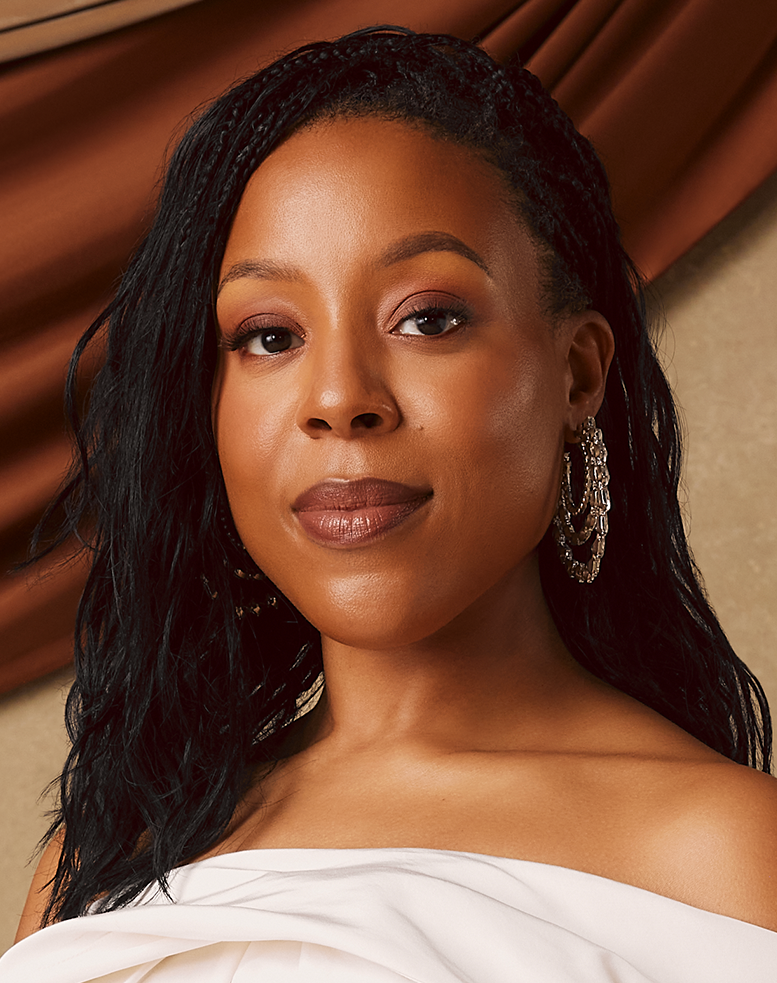
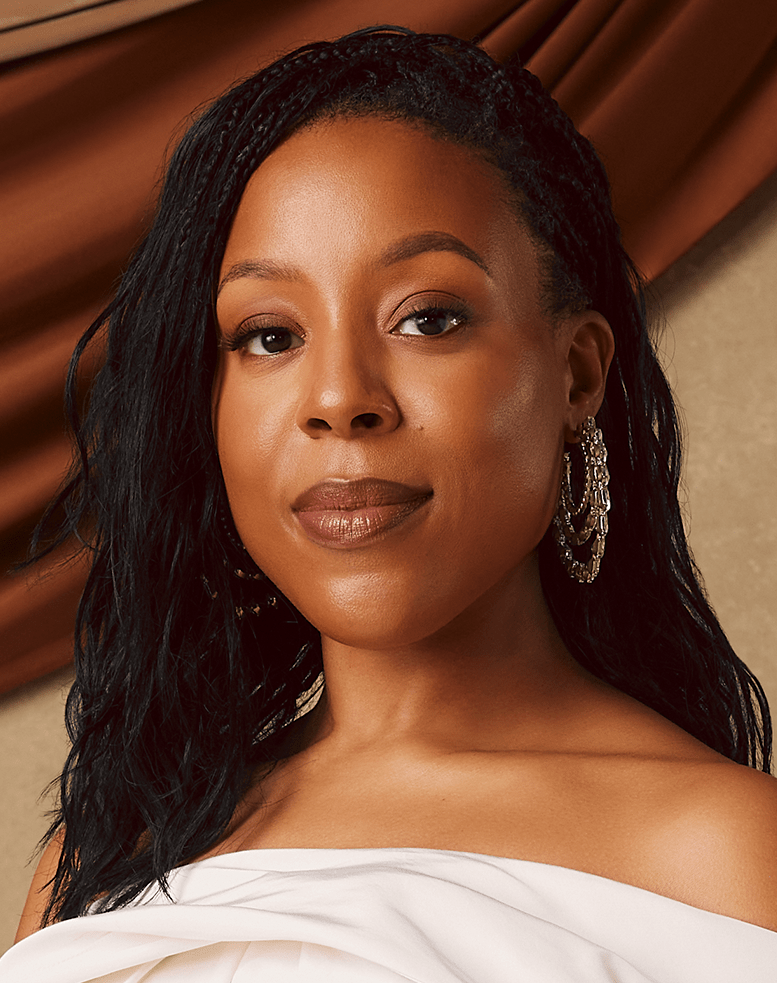
What is a film executive exactly? It seems like this lofty, hard-to-reach position that has an incredibly important yet nebulous role in deciding how the movies we watch get made. But Alana Mayo wants to demystify the mystique around these positions and remind us that because people hold these roles of power, expanding and deepening the stories we tell is more than possible. And with over 20 years in Hollywood where she now sits as the Head of Orion Pictures, she is leading the charge on movies that are original, out-of-the-box and most of all representative of the multitudes that our real world contains.
With two parents successfully working in entertainment and a love for books that had her reading in the shower, Mayo was encouraged to go after something in Hollywood that she could build a career around. But it wasn’t until college that she finally worked out her professional goals and figured out what an executive was. When she was ready to begin stepping into her career, she had powerhouses like Lisa Cortes and Doreen Oliver to look to in the industry and help set her on her future course.
“What I tell people all the time—and Hollywood is not the only industry where this is true–is that sometimes you just need information,” says Mayo of the importance of mentorship in her career. “So in addition to the ‘if you can see it, you can believe it’ idea coming to life while working for two Black women who were incredible mentors and Lee [Daniels] as well, I also simply got information and learned what the job description was. I’m deeply grateful to the people I’ve come across in my career, including now, who I can literally go to in order to ask how they do this successfully.”
When it came to stepping into her newest role, Mayo was confident that by simply showing up, she’d bring the power and beauty of her identity and all its intersections with her. She describes getting to greenlight movies for a division whose mission is to broaden what kinds of films Hollywood makes as “serendipitous.” And she knows that the combination of her inclusive approach to creativity and the fact that she’s a key decision maker in these rooms is especially powerful for Black filmmakers who are often in rooms with people who can’t relate to them.
This pivotal connection is the reason why she seeks out curious and innovative thinkers who want to challenge the status quo for her team. “I’m a contrarian so I’m both interested in preserving and being a part of this history of storytelling and movie making and also expanding the norms and what’s possible,” Mayo says. “I tend to gravitate toward and work really well with folks who share that interest, and it requires a person who really loves this, has a deep passion and commitment for it, loves watching movies, wants to see everything and who wants to meet with filmmakers and engage in their work.”
Along with shining a light on the incredible filmmakers and visionaries in the industry, Mayo wants to educate Hollywood’s audience on the creative labor involved in making films outside of the industry’s glitz, glamour, premieres and awards shows. Making movies is a long-haul job, with the average production taking five to seven years from development to release—with years of developing a script and oft years of finding the right actors to play each role. That’s along with years of trying to get the perfect budget, which is an evolving challenge in a rapidly-evolving business. Not to mention finding the perfect time to release and market the film in a 24/7 news cycle and on the heels of a global pandemic.
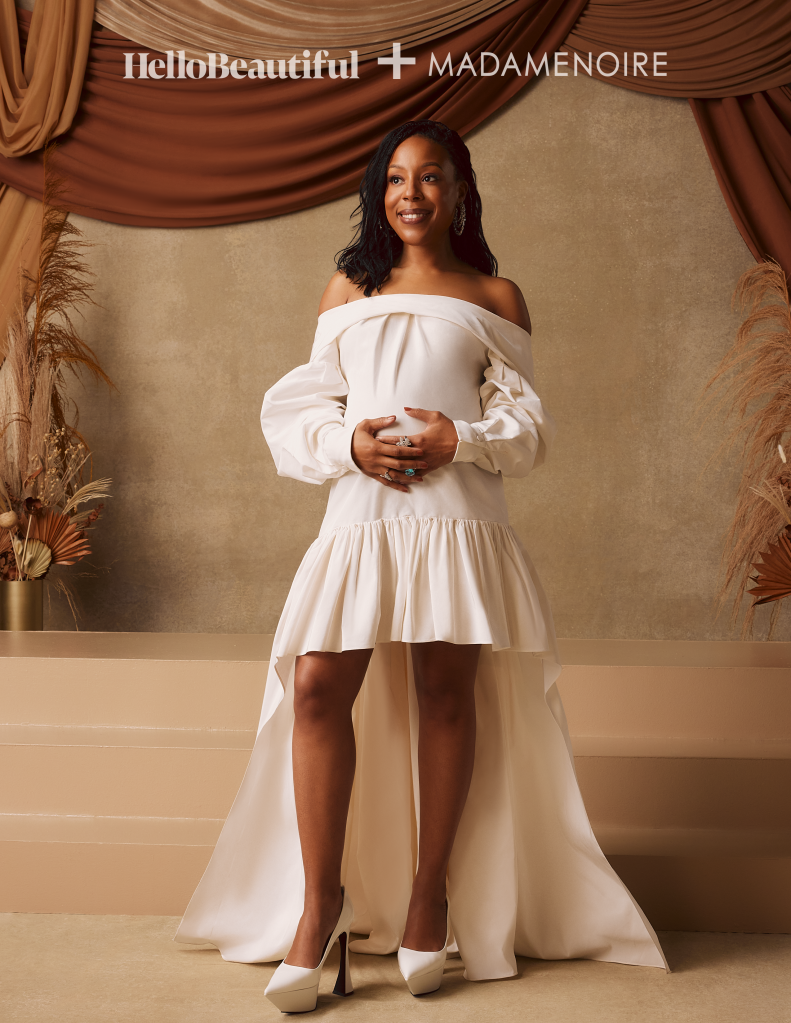
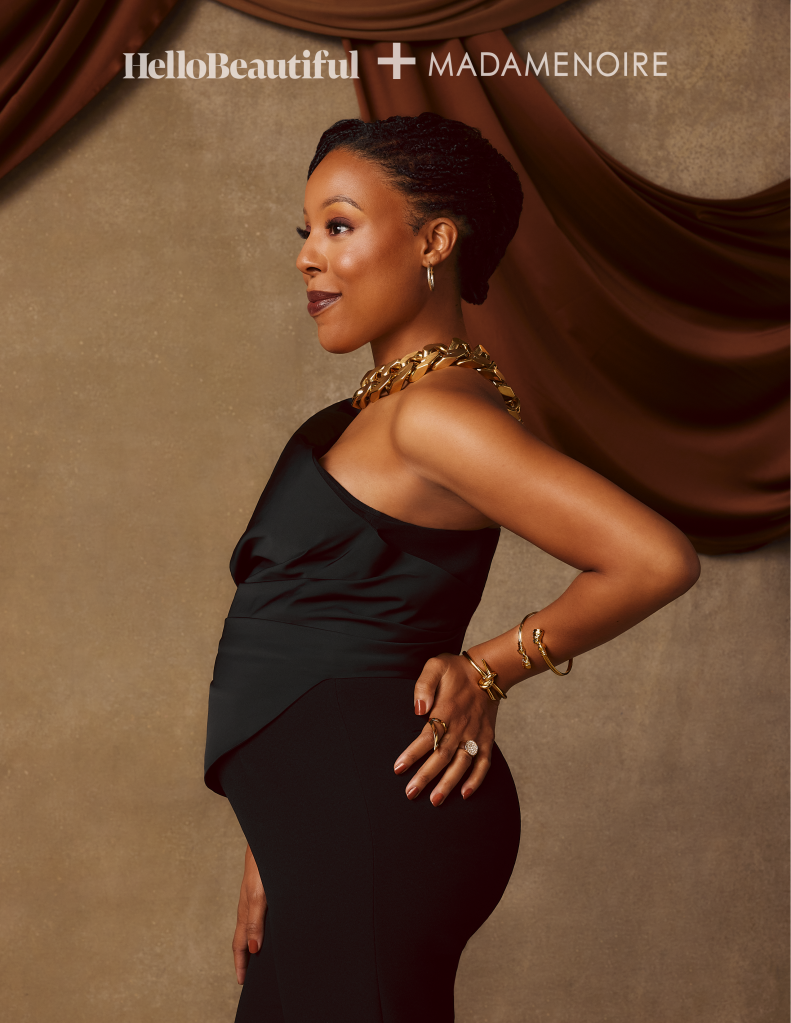
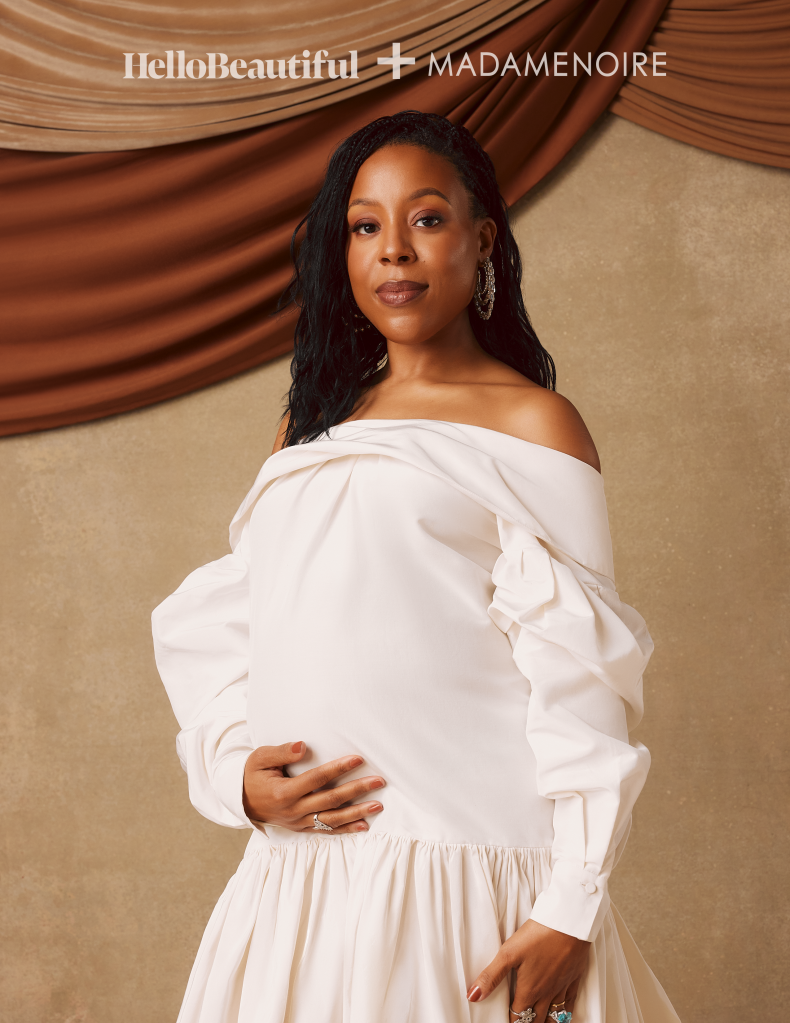
“Every movie that gets made is this little miracle because there’s this alchemy of events that have to occur for anything to become possible,” Mayo passionately states. “When it’s good and
it performs well commercially, it’s incredible that all these things came together to have this result. It’s something you have to be deeply invested in over a long period of time because the stuff that most people see and are aware of is the very tail end of years and years of work.”
Ultimately, Mayo wants Hollywood to try harder at making the industry more inclusive and equitable because representation matters so much to all of us, and because it’s just good for business. “We’re responsible for exporting a large number of images into the world, and I don’t want to be so arrogant to say we are the shapers of culture and history, but we definitely have influence,” she says. “We need to be more thoughtful and diligent about making sure we have an inclusive mindset in terms of how things are made and what things are made.”
Mayo believes this should be at the forefront of everyone’s brain across industries and not just in Hollywood. “Most industries around the world acknowledge that a more diverse workforce with more diverse perspectives and lived experiences helps their business, and bottom line, I think we should continue to prioritize and do the same,” she says. “And not just for altruistic reasons or when something terrible happens and folks feel guilty, but because it just makes sense.”